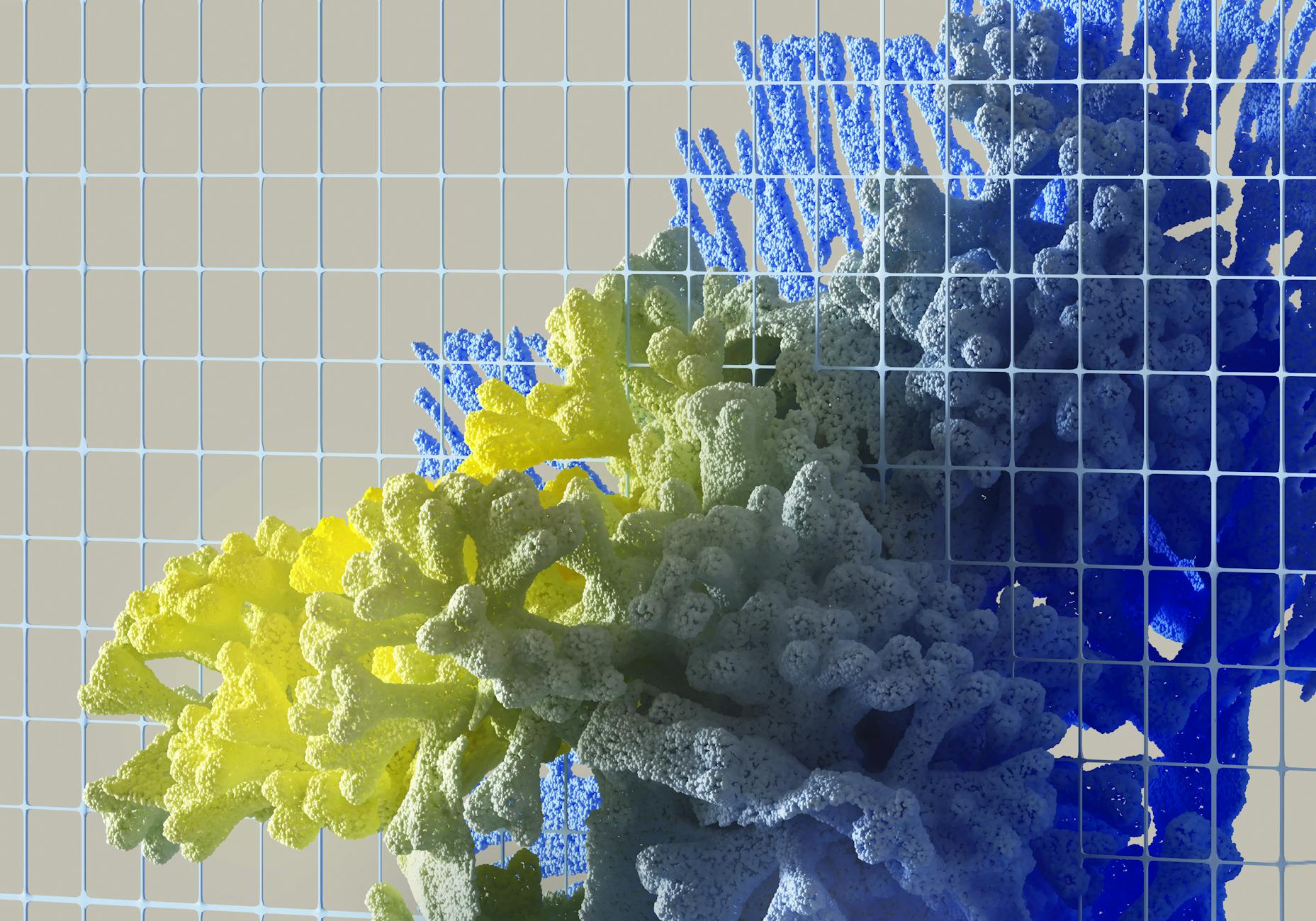Uncover the ethical complexities of AI in our society – is artificial intelligence a blessing or a curse? Delve in now!
Table of Contents
Artificial Intelligence, or AI, has become an integral part of our daily lives, from voice assistants like Siri and Alexa to recommendation algorithms on streaming platforms. This powerful technology has the potential to revolutionize industries and enhance human capabilities. In this blog post, we will delve into the world of AI, exploring its historical context, current applications, benefits, challenges, ethical concerns, and the future direction of this rapidly evolving field.
Introduction to AI
Artificial Intelligence refers to the development of computer systems that can perform tasks that typically require human intelligence, such as visual perception, speech recognition, decision-making, and language translation. AI technologies encompass machine learning, deep learning, neural networks, natural language processing, and robotics. These advancements in AI have unlocked new possibilities and opportunities for innovation across various sectors.
Historical Context of AI
The concept of artificial intelligence originated in the 1950s, with the pioneering work of scientists like Alan Turing and John McCarthy. The term “AI” was officially coined in 1956 during a workshop at Dartmouth College. Since then, AI research has evolved significantly, leading to breakthroughs in areas such as computer vision, natural language processing, and autonomous vehicles.
Current Applications of AI
AI technologies are being deployed in diverse fields, including healthcare, finance, education, transportation, and cybersecurity. In healthcare, AI is used for medical imaging analysis, drug discovery, and personalized treatment. In finance, AI algorithms power trading platforms and fraud detection systems. Autonomous vehicles and smart cities leverage AI for real-time decision-making and traffic optimization.
Benefits of AI
The adoption of AI has brought numerous benefits to society, including increased efficiency, productivity, and innovation. AI-powered systems can analyze large datasets at a speed and scale beyond human capabilities, leading to better decision-making and personalized services. Additionally, AI technologies have the potential to address complex societal challenges, such as climate change, poverty, and healthcare disparities.
Challenges and Ethical Concerns in AI
Despite its transformative potential, AI poses several challenges and ethical considerations. Job displacement due to automation, algorithmic bias, data privacy concerns, and accountability issues are some of the key challenges associated with AI deployment. Moreover, the ethical implications of AI, such as fairness, transparency, and bias mitigation, require careful consideration and regulation to ensure responsible and ethical AI development.
Future Directions of AI
The future of AI holds promise for further advancements in areas such as explainable AI, autonomous systems, human-AI collaboration, and AI ethics. Emerging technologies like quantum AI, edge computing, and neuro-symbolic AI are poised to drive the next wave of innovation in artificial intelligence. Research efforts in AI safety, governance, and policy are essential to shaping a future where AI benefits society while minimizing risks.
| AI Ethics Dilemma | Argument in Favor | Argument Against |
|---|---|---|
| Privacy Concerns | AI can improve security by detecting potential threats and breaches. | AI systems can infringe on individuals’ privacy by collecting and analyzing personal data without consent. |
| Job Displacement | AI can automate repetitive tasks and create new job opportunities in emerging fields. | AI may eliminate certain job roles, leading to unemployment and economic disparity. |
| Autonomous Weapons | AI-powered weapons can reduce human casualties in warfare and enhance military capabilities. | Autonomous weapons raise ethical concerns about accountability, legality, and potential misuse. |
| Biased Algorithms | AI can help identify and rectify biases in decision-making processes to promote fairness and diversity. | Algorithmic biases can perpetuate discrimination and inequality in society. |
| Transparency and Accountability | AI systems can be designed with transparency and explainability to increase trust and accountability. | Opaque AI systems can be difficult to regulate, audit, or hold responsible for unintended consequences. |
Can Skynet Happen?
In popular culture, the concept of a malevolent AI system like Skynet, as depicted in the Terminator franchise, raises concerns about the potential risks of AI becoming self-aware and threatening humanity. While fictional scenarios like Skynet are speculative, it is crucial to prioritize AI safety measures, ethical guidelines, and robust governance frameworks to prevent catastrophic outcomes and ensure AI remains aligned with human values.
Case Studies in AI
Real-world case studies showcase the tangible impact of AI across various domains. Examples include AlphaGo, an AI system that defeated world champions in the game of Go, and IBM Watson, a cognitive computing platform used for healthcare diagnostics and research. These case studies highlight the capabilities of AI technology and its potential to drive innovation and address complex challenges.
Resources for Learning AI
For individuals interested in gaining knowledge and skills in AI, there are numerous resources available, including online courses, books, tutorials, and AI programming platforms. Websites like Coursera, Udacity, and edX offer specialized AI courses taught by industry experts and academics. Books by renowned authors such as Yoshua Bengio, Andrew Ng, and Stuart Russell provide comprehensive insights into AI concepts and applications.
Conclusion
As we navigate the complexities of artificial intelligence, it is essential to recognize both the immense potential and the ethical dilemmas that come with this transformative technology. By advancing AI in a responsible, ethical, and inclusive manner, we can harness its benefits to improve lives, drive innovation, and shape a future where AI serves the common good. Stay informed, stay engaged, and join the conversation on the evolving landscape of artificial intelligence.
FAQ
Question 1: What are some examples of current applications of AI?
Answer 1: Current applications of AI include healthcare (medical imaging analysis, drug discovery), finance (trading platforms, fraud detection), transportation (autonomous vehicles), and cybersecurity.
Question 2: What are the benefits of AI?
Answer 2: AI offers increased efficiency, productivity, and innovation. It can analyze large datasets, improve decision-making, and address complex societal challenges like climate change.
Question 3: What are some ethical concerns in AI?
Answer 3: Ethical concerns in AI include job displacement, algorithmic bias, data privacy issues, and accountability challenges. Ensuring fairness, transparency, and bias mitigation are critical considerations.
Question 4: Can Skynet happen in real life?
Answer 4: While fictional scenarios like Skynet are speculative, prioritizing AI safety measures, ethical guidelines, and robust governance frameworks is essential to prevent catastrophic outcomes and ensure AI aligns with human values.


Recent Comments